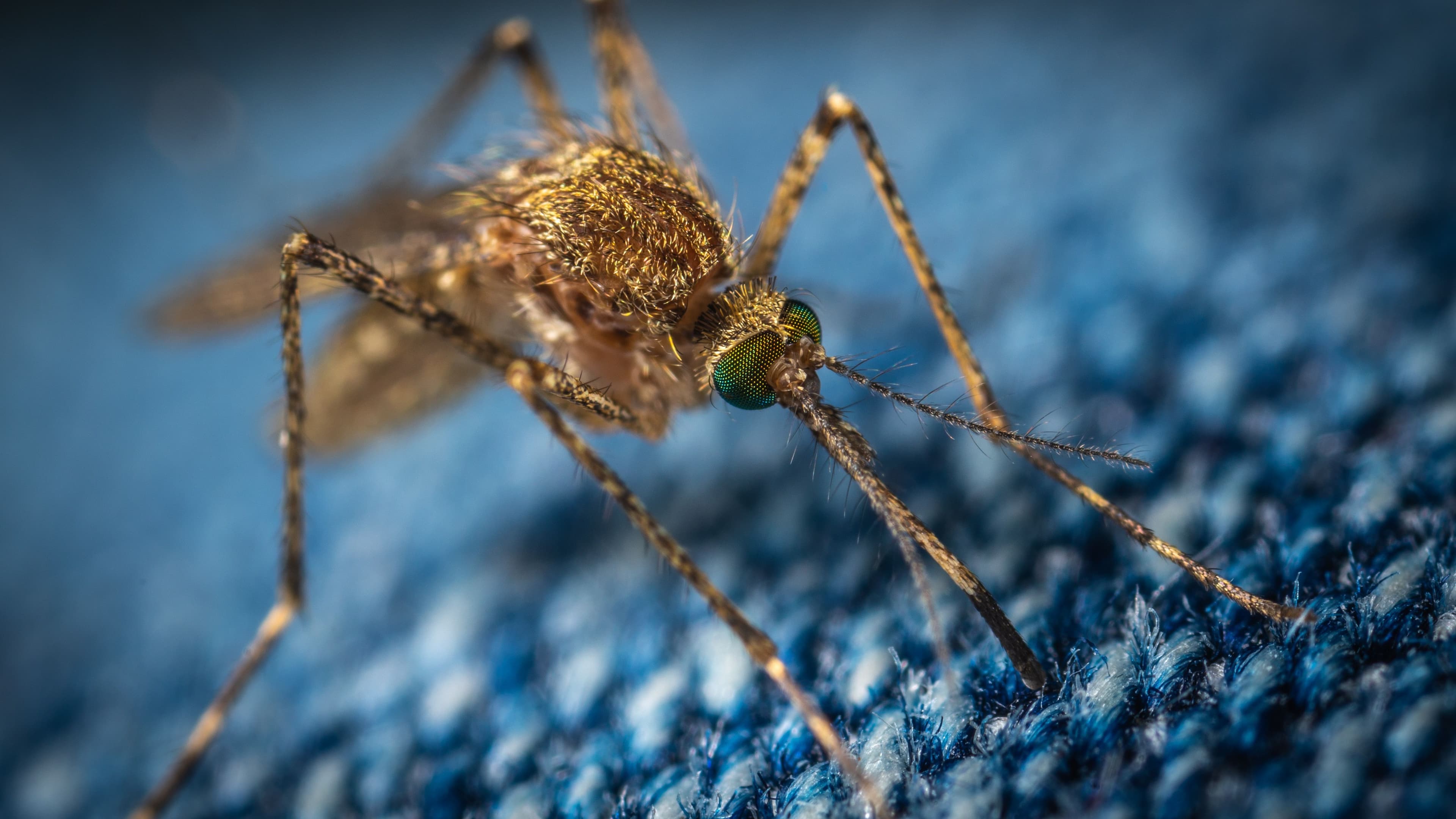World news highlights of the week of April 10-16

Dengue fever in Argentina
The country's Ministry of Health has reported 40,000 people who have contracted the disease since the beginning of the year. The fever virus spreads through mosquitoes. When an infected mosquito bites a healthy person, it transmits the virus. Infection never spreads from one person to another, through shared objects or breast milk. It is also extremely rare for intrauterine infection to occur from the mother.
A major problem with the disease is that there is no treatment for it. Although there is a vaccine, only people who have already had the disease can get it.
Since treatment can only treat the symptoms, the elimination of breeding places for mosquitoes is the only effective method of control. These places can be any water reservoirs. From small swamps to the water trapped in an empty barrel.
Biden may lose his seat in the upcoming election
Political analysts have compared the current U.S. president's approval rating with that of his predecessors. Joe Biden's current figures fluctuate at 40%, which is extremely low and is comparable to those leaders of the country who failed to be re-elected for a second term.

The fact that the 46th president of America will have to confront not only the entire Republican party but also several Democrats who have expressed dissatisfaction with their own candidate further exacerbates the situation. Only 68% of the members of the party would like to see Biden in Office again.
Biden himself has not yet given a clear response about his plans for the election, which will be held on November 5, 2024. However, he has announced that he has made up his mind and will announce his decision in the near future.
Norway expels fifteen Russian diplomats
More than a third of Russia's current diplomatic mission has been recognized as persona non grata by Oslo. Fifteen people have to leave the country as soon as possible.

The Norwegian Security Police reported that the officers being deported were performing espionage on behalf of Russia. In particular, they attempted to recruit informants, carry out radio surveillance and purchase cutting-edge technologies.
The Russian embassy has already responded to the charges, calling them "an extremely unfriendly move that will be met with a response".





